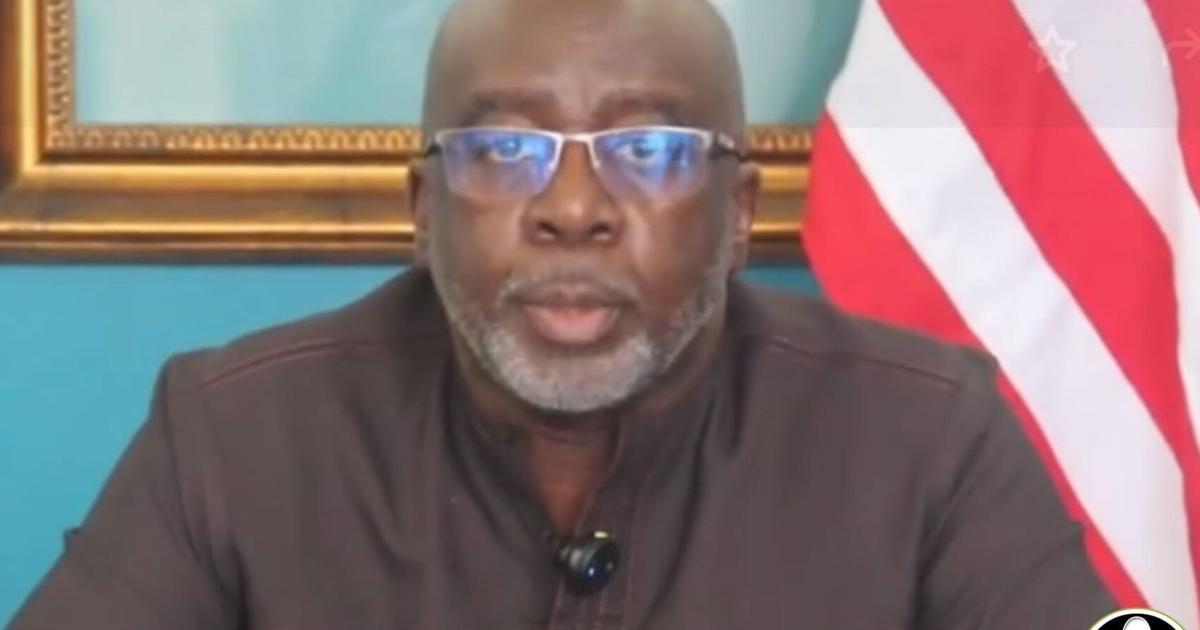Africa-Press – Liberia. The Supreme Court of Liberia has finally spoken. Its April 23 ruling has affirmed Cllr. J. Fonati Koffa as the constitutional and legitimate Speaker of the House of Representatives. It is, by every legal standard, the Court’s final word on a matter that has consumed the first branch of government, paralyzed legislative operations, and tested the limits of Liberia’s fragile democracy.
But this victory for constitutional order has been met, not with relief or national closure, but with more defiance. The Majority Bloc, headed by Rep. Richard Koon, has flatly rejected the Supreme Court’s ruling.
They have dismissed it as unconstitutional, accused the Justices of overreach, and vowed never to allow Koffa to preside. “Plenary shall never ever succumb,” Koon said, “to any over-reaching and intrusion into the internal affairs of the House of Representatives.”
The language is bold. The tone is unrepentant. And it calls to question whether Liberia, even with the highest court’s ruling now public and binding, is still on a slow march toward constitutional chaos.
The question that now looms is: who enforces the ruling of the Supreme Court? In a functioning democracy, that responsibility rests with the Executive Branch. But troubling signs are emerging from President Joseph Boakai’s administration, where some voices have echoed sentiments that align more with the Majority Bloc’s rejection than with the rule of law.
If the President of Liberia and his administration are unwilling to uphold the ruling of the Judiciary, then what, or who, stands between Liberia and a constitutional breakdown?
And what of Speaker Koffa? He is, by court ruling, the legitimate Speaker. The court has spoken in his favor. But that does not make the road ahead any less treacherous. Some have said, “He has made his point. Now let him step aside for the sake of peace.” That, however, is a decision only Koffa can make. Whether he stays on or steps aside, this battle — if he chooses to keep fighting it — must be fought for a cause much greater than himself.
Because something else happened along the way: the hill Koffa chose to die on — whether by the ambitions of the Majority Bloc or by the weight of his own aspirations — has rejected his death sentence. The very system that seemed to betray him has now handed him back the mantle of legitimacy. It is no longer just about him. It never really was.
And yet, in all this, the Supreme Court itself is not without reproach.
The very crisis the Court now claims to have resolved could have been avoided had it ruled decisively and unambiguously back in December 2024. Instead, the Court delivered its infamous “ultra vires” opinion, a statement so vague and open to interpretation that both sides in the dispute claimed victory.
In its failure to deliver a clear judgment, the Court allowed a constitutional mutiny to fester in the House of Representatives, and with it, allowed confusion, division, and defiance to take root.
If the Court had rendered the same ruling then as it did now — clearly affirming Koffa’s speakership, clearly declaring the removal illegitimate — Liberia would not be seven months into a legislative impasse with no clear end in sight. Legislative business, including the timely passage of the national budget, would not have been crippled. And the credibility of the judiciary might not be in question.
One wonders whether the April 23 ruling is an attempt by the Court to save face. If so, it is a gesture that may come too late. For even as the Justices spoke with firmness this time, the authority of their word no longer carries the weight it once did. The very respect that ought to precede a court’s mandate has been eroded — not just by the lawmakers who reject it, but by the Court’s own previous indecision.
And so here we are.
A legitimate Speaker has been affirmed. A rival bloc refuses to accept it. A President’s silence hangs heavy. And a Court that once whispered now finds its loudest ruling falling on hardened ears.
Liberia is, again, at a crossroads. And while some will call for calm, for compromise, for peace, others will ask: At what cost? What peace is built by surrendering the Constitution in favor of treason? What unity emerges from validating defiance?
Perhaps we are witnessing more than just a leadership dispute. Perhaps this is the beginning of a national test — not of who holds power, but of whether the rule of law still means anything in our Republic. Because if it does not — if a Supreme Court ruling can be openly defied, and no consequence follows — then what law can ever truly be enforced?
We ask not for vengeance, but for clarity. We ask not for punishment, but for principle. And above all, we ask for leadership — wherever it may come from — to rise to the moment.
Source: Liberianobserver
For More News And Analysis About Liberia Follow Africa-Press






